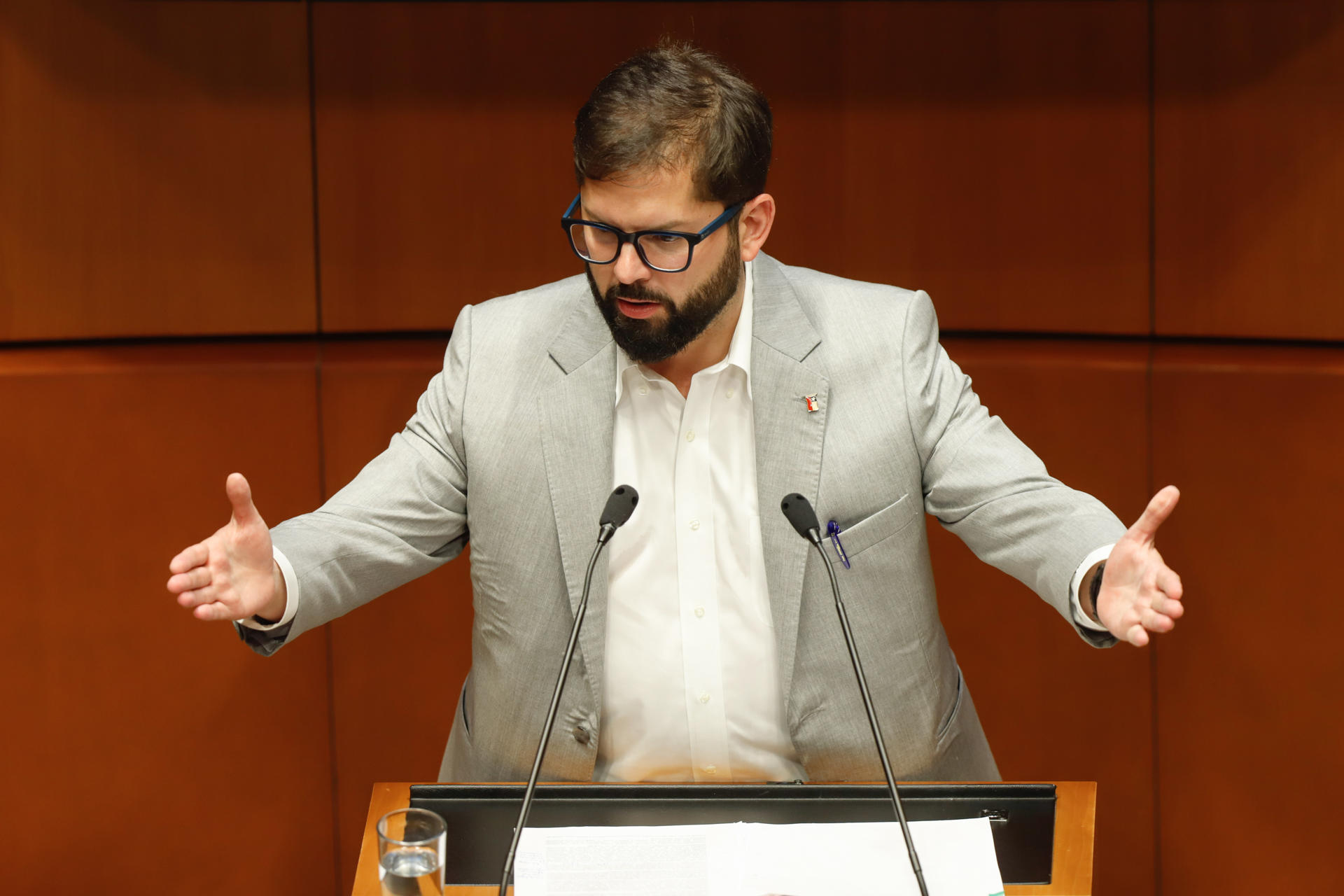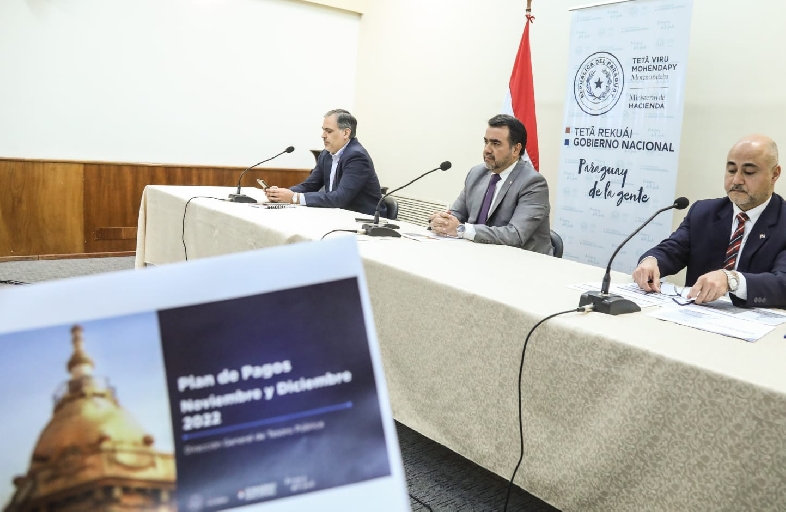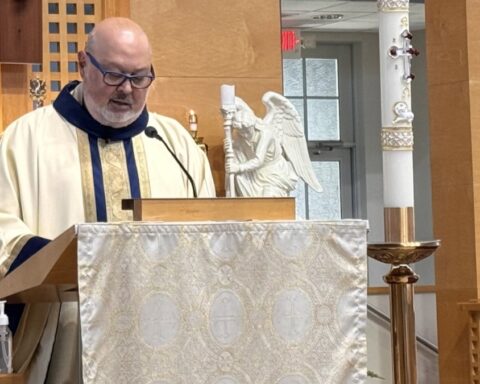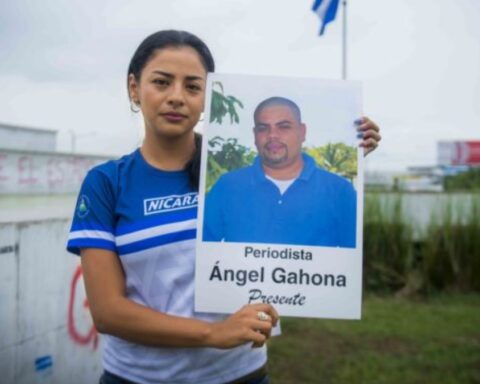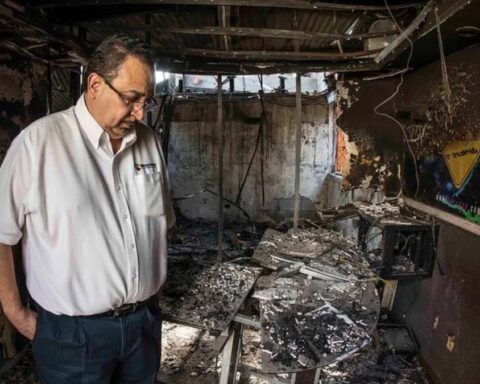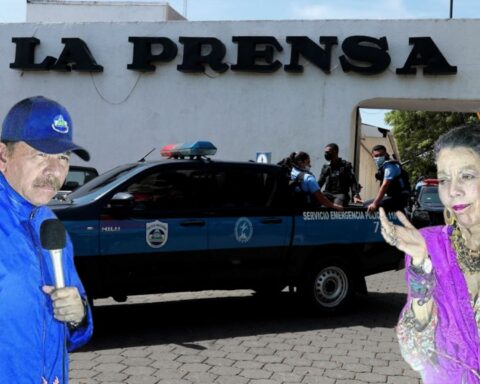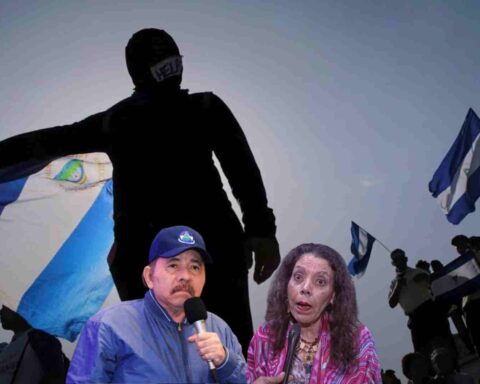Chilean President Gabriel Boric affirmed this Thursday in a speech in the Mexican Senate that “Latin America cannot be silent” in the face of human rights violations in the region and expressly denounced the situation of “political prisoners” in Nicaragua .
This was stated by Boric in his speech at the solemn session of the Mexican Senate, on his last day of official visit to the country.
“We have learned that when human rights are violated in Latin American towns, one cannot remain silent. I feel and beat in our Latin American heart the solidarity that Mexico had with us,” said the Chilean president, referring to the “generous welcome” to Chilean exiles after the 1973 coup.
Related news: Boric criticizes Ortega for assigning himself the 153 mayors of Nicaragua
“We cannot look to the side in the face of the crisis that Haiti is experiencing, we cannot look to the side in the face of the political prisoners in Nicaragua,” he added, acknowledging that both his country and Mexico “also” had suffered cases of human rights violations. .
Boric’s statements, president with just 36 years of age and representative of the new Latin American left, contrast with the silence regarding the situation in Nicaragua on the part of the also leftist Mexican president, Andrés Manuel López Obrador.
López Obrador received Boric this Wednesday at the National Palace, in the first official meeting between the two leaders.
Related news: Gabriel Boric laments the “double standards of the left” that ignores the violations of human rights. H H. In Nicaragua
Mexico has not joined the denunciations of the majority of the international community from various international organizations, such as the Organization of American States (OAS), about political repression in the Central American country.
Nicaragua has been going through a serious political and social crisis since April 2018, which has worsened after the controversial general elections of November 7, 2021, in which President Daniel Ortega was re-elected for a fifth term, fourth consecutive and second along with his wife, Rosario Murillo, as vice president, with his main contenders in prison.
Ortega has been in power for 15 years and 10 consecutive months, amid accusations of authoritarianism and electoral fraud.

